hese firms are accused of bypassing the EU’s steel import quota restrictions and illegally using the steel quotas allocated to South Korea.
On July 7, the Seoul Main Customs Office announced that it referred the two companies to prosecutors in April for violating the Foreign Trade Act and Customs Act by misdeclaring the country information in their coated steel sheet exports.
Since 2018, the EU has implemented safeguard measures on steel imports to protect its domestic steel industry. Under this system, three-month import quotas are set per country. Imports within the quota are exempt from customs duties, while imports exceeding the quota are subject to a 25% tariff.
Following complaints from the industry that the volume of South Korean-origin steel exports to the EU appeared excessively high in official EU import data, Seoul Customs launched an investigation.
The investigation revealed that between June 2020 and February 2023, the two companies shipped their products 147 times to EU countries such as Romania, Poland, and Belgium, while falsely declaring non-EU countries like Ukraine, Russia, and Moldova as the destination countries in export documents.
These irregularities allowed some exporters to consume EU quotas prematurely, forcing companies compliant with the rules either to pay the 25% safeguard tax or to wait for the next quarter’s quota, leading to additional logistical costs.
During the investigation, key evidence such as export contracts and invoices with EU countries was seized from company offices. Additionally, irregularities were uncovered through cross-analysis of EU customs import-export data and export approval data from the Korea Iron & Steel Association.
Notably, an “Export Business Process Manual” containing instructions like “Be careful not to list EU countries in customs documents,” which appeared to be systematically prepared, was also found.
Seoul Customs officials emphasized that this is a serious trade offense that steals business opportunities from honest steel exporters and stated that inspections will be intensified to prevent similar irregularities.
Furthermore, with the EU’s new regulation tightening steel safeguard quotas that came into effect on April 1, enhanced cooperation between EU customs, the Korea Iron & Steel Association, and other relevant institutions will be strengthened to prevent compliant companies from suffering further losses.


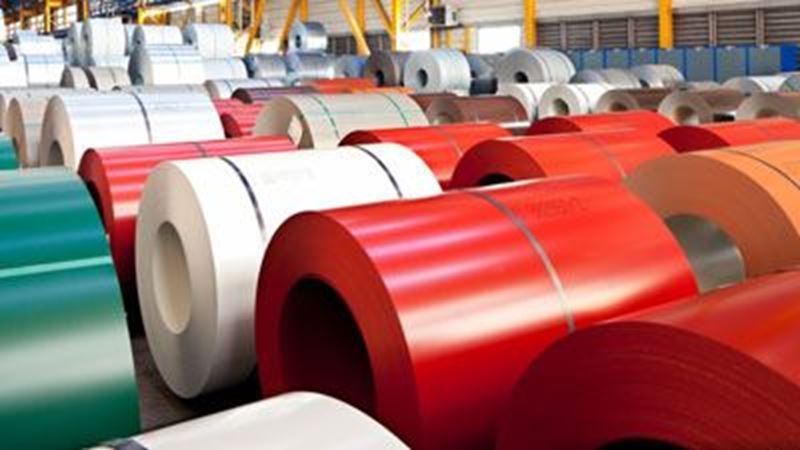
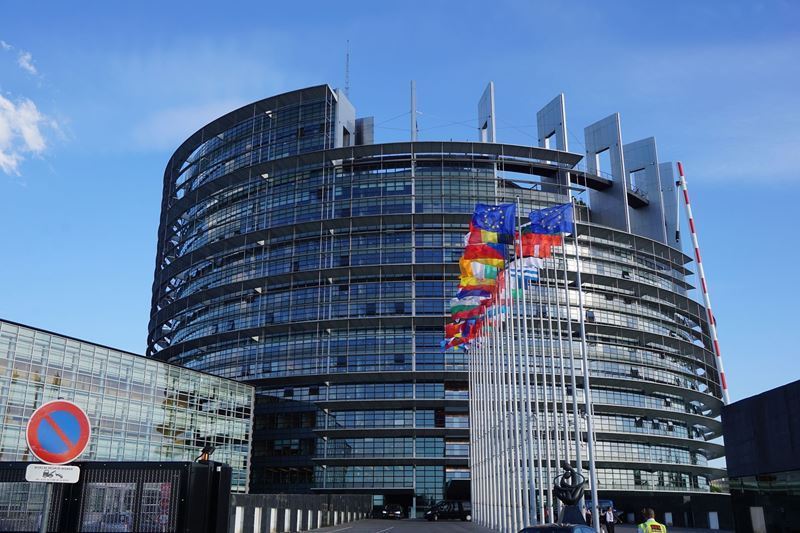
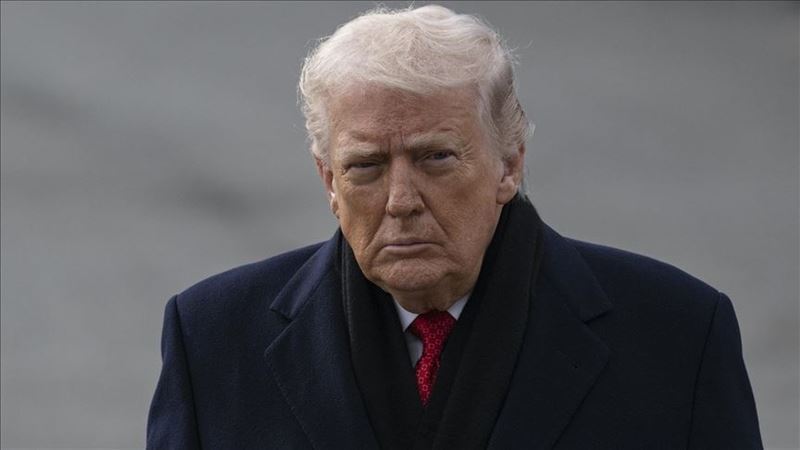
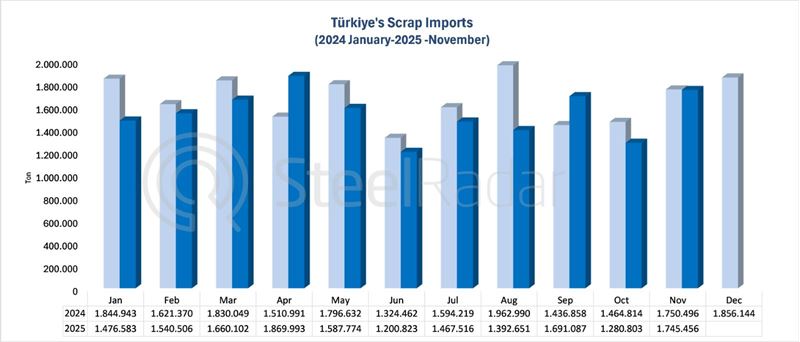
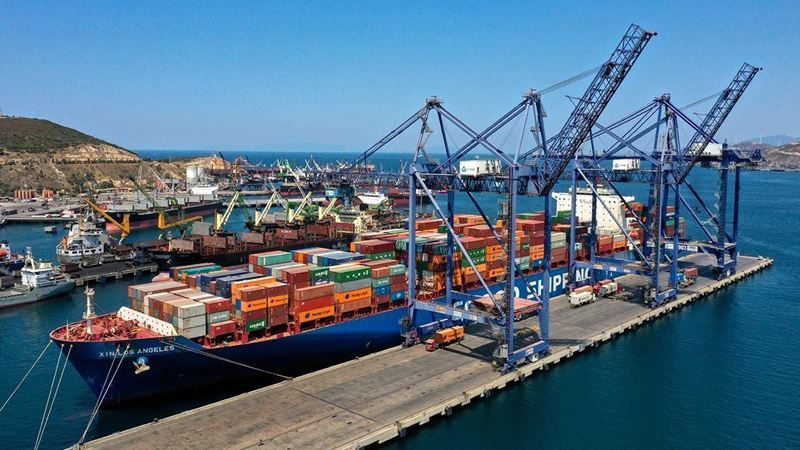
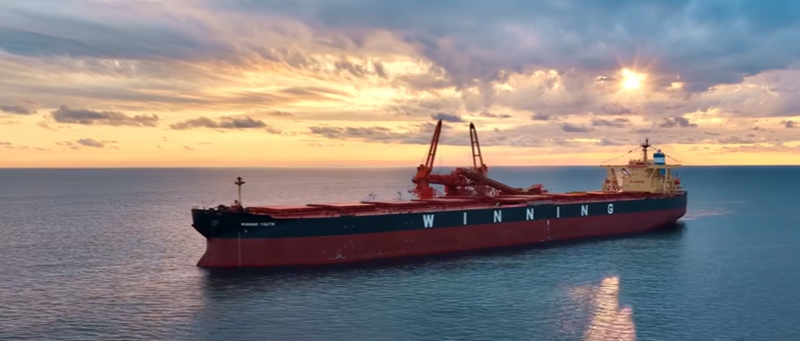


Comments
No comment yet.